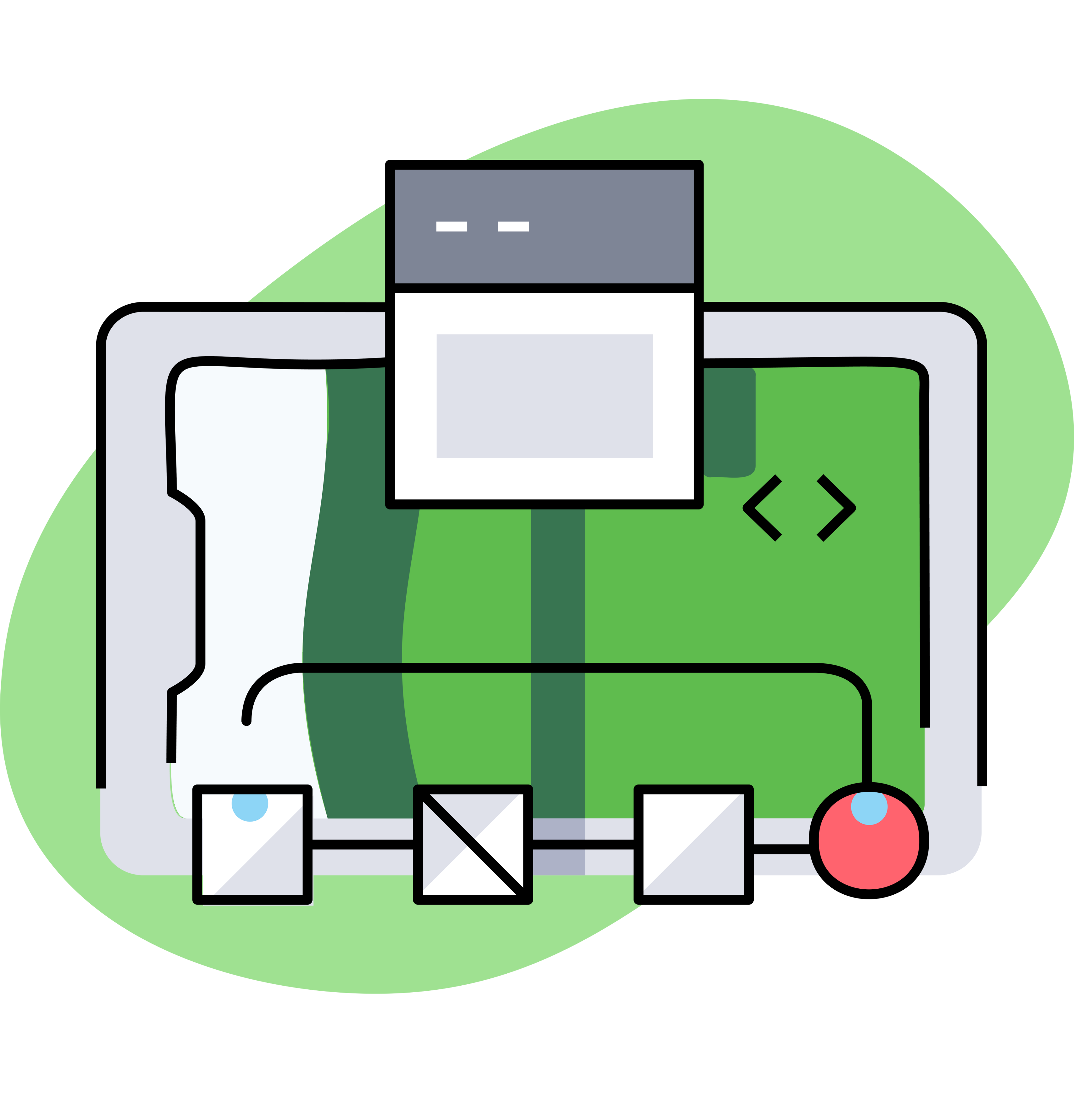
An effective control system can radically change the value of any product or business. This applies to controls integrated in a microprocessor of a household appliance, as well as to those implemented on a distributed and heterogeneous architecture of a large industrial plant.
A good control system can maintain the operation of a plant (or a component) at its optimum point, in the presence of different conditions and with different requirements; it can induce and enforce uniform behaviour from mass-produced devices, allowing to relax the constraints on component tolerances and reducing manufacturing and procurement costs; it can equip each system (or product) with features designed ad-hoc, based on the expectations of the end user, to increase its success on the market; and so on.
Dynamica strongly believes that the control system is a very important part of any project, and must be treated in a unitary modelling framework. Setting up good controls very often involves various professionals with different backgrounds, and the involved information must be accessible and clear for all of them. Control in fact requires:
- High-level engineering methodologies and skills
- Ability to design and evaluate control strategies
- Tools capable of testing the control system at any level of hierarchy and abstraction
- Compliance with industry standards, such as the IEC ones
- Ability to specify strategies for deployment on any architecture, and to choose the best one for the application of interest
Our skills and technologies
Dynamica can design control and optimisation solutions for any application domain, and follow their implementation on any architecture, from distributed systems (DCS) to those based on PLCs, industrial PCs, microprocessors, up to any customer’s custom hardware.
We can also test control solutions using virtual prototypes of the controlled systems, and assist our customers in the management and setup of SIL, HIL, RCP and co-simulation systems.
Our approach to the subject combines the ability to use high-level abstraction control methodologies, typically in simulation contexts, with that of following the implementation of the control system down to the smallest detail, where necessary.
In this way we can provide control system specifications at every level, also using code generation tools starting from high-level model-based descriptions. We can work with any architecture, from microcontrollers or PLCs to distributed systems, all within a unified specification and design framework.
Solutions
Our control solutions are self-consistent and usable independently, but at the same time strongly connected with our modeling and simulation solutions:
Control system models, both in the continuous time -- for fast and efficient simulations of their functional behaviour-- and based on events, for the evaluation of detailed phenomena (e.g., timing) related to the real implementation,
Complete specification of control strategies for any final architecture
high-level methods and tools for the calibration of industrial and advanced controllers
advanced control functions, such as optimal, predictive and adaptive control, applied both to single- and multi-variable cases
follow-up to development and deployment on any platform
design of control architectures, assistance for process (or product) integration engineering
Any Idea or Project you wish develop with us?
info@dynamica-it.com
